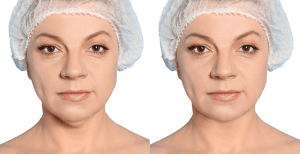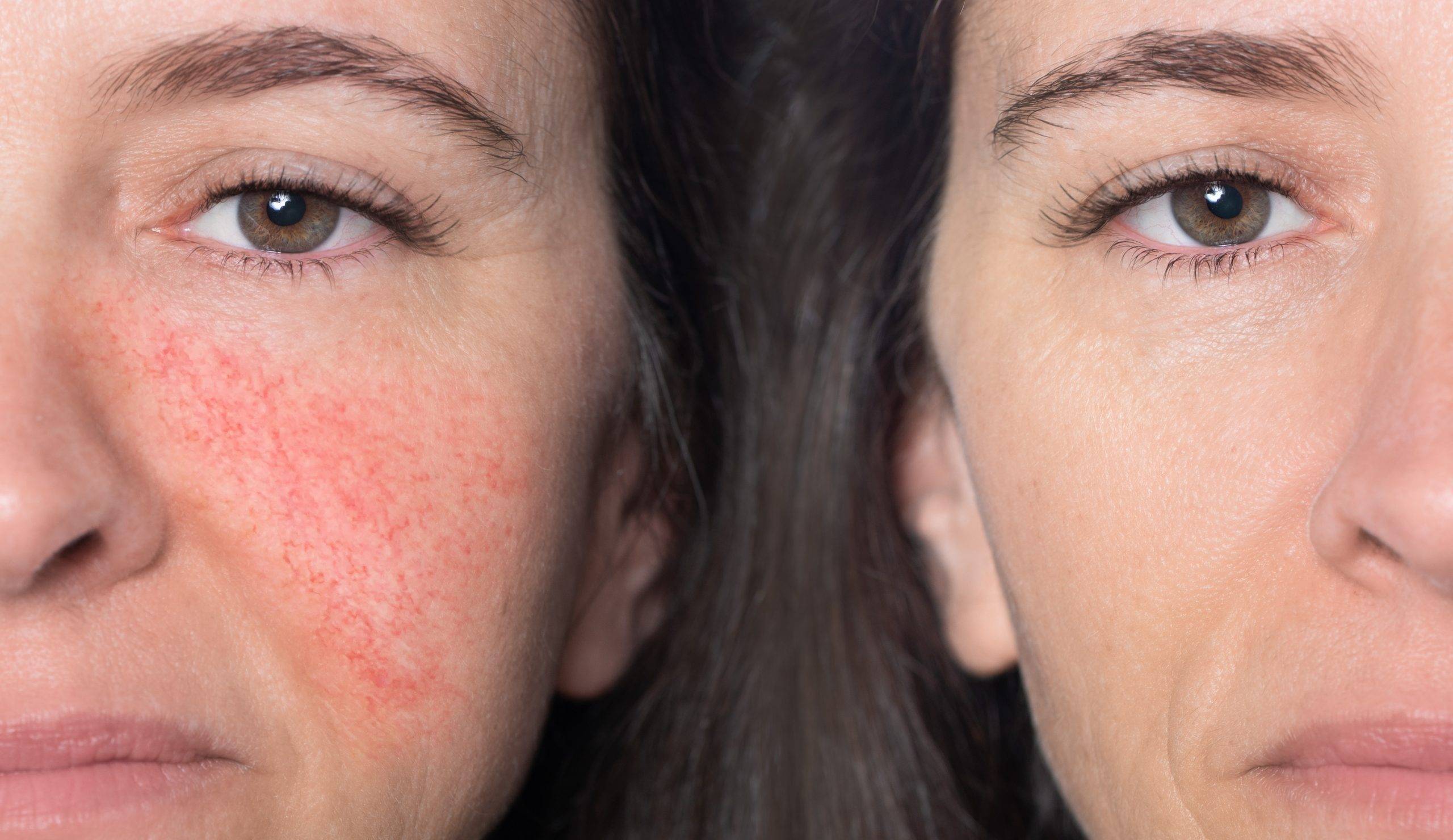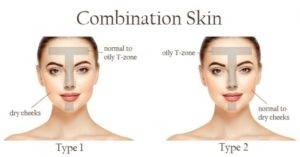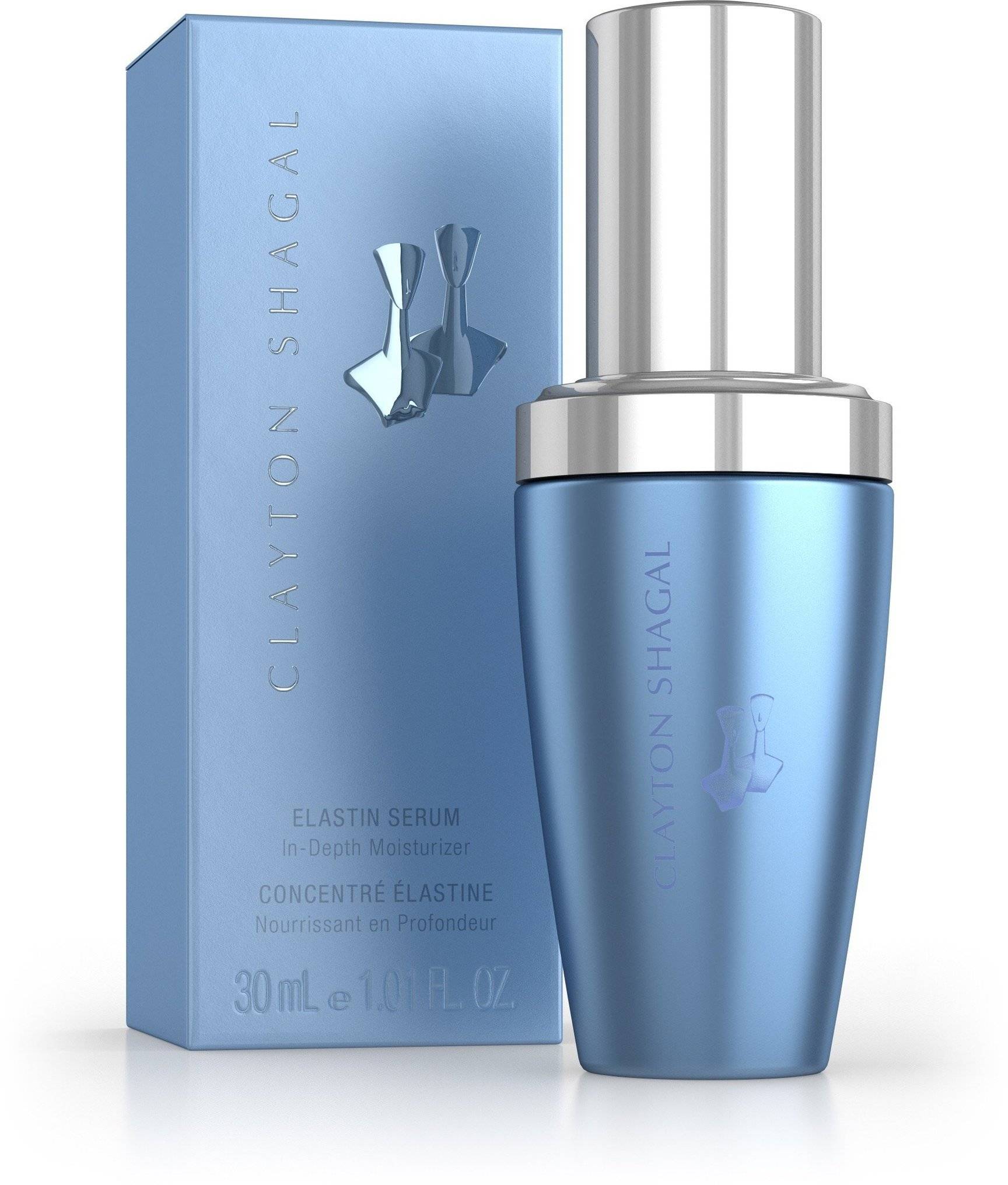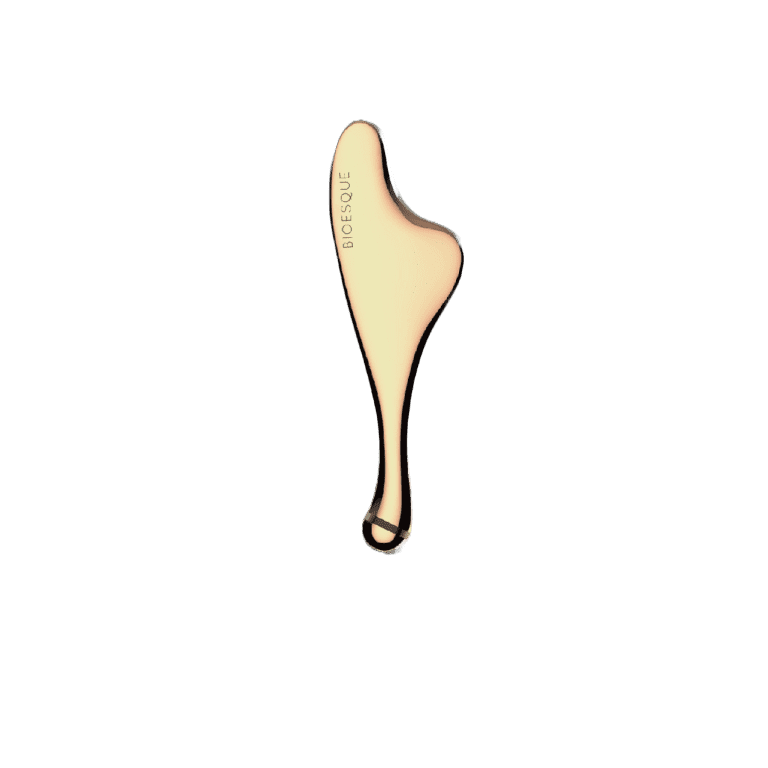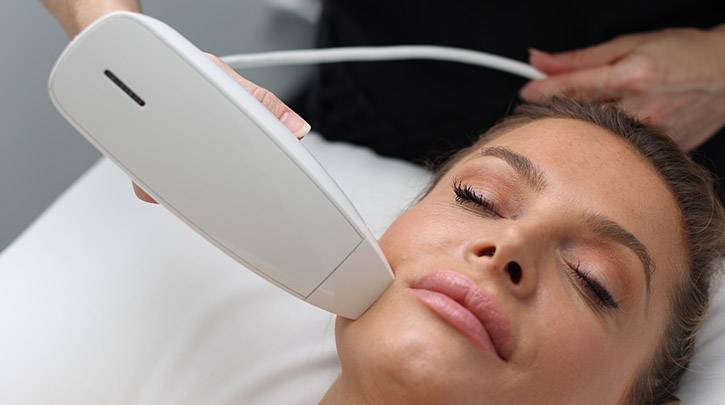≡ Oily Skin
The best way to care for Oily Skin
(a.k.a. Seborrhoea)
Φ 油性皮膚
Table of Contents
What is Oily Skin?
Oily skin happens when the sebaceous glands in the skin make too much sebum. Sebum is the waxy, oily substance that protects and hydrates the skin.
Sebum is vital for keeping the skin healthy. However, too much sebum can lead to oily skin, clogged pores, and acne. Managing oily skin often requires a person making regular skin care a habit.
What are the symptoms of Oily Skin?
- a shiny or greasy appearance
- very large or obvious pores on the skin
- skin that looks thick or tough
- occasional or persistent pimples
- clogged pores and blackheads
People with oily skin may have trouble finding makeup to suit their skin, as the makeup can mix with the sebum, giving it a different consistency.
The symptoms of oily skin and their severity vary between people. Genetics may play a role in how oily the skin becomes.
Hormone changes or high-stress levels may also increase the production of oily sebum by the body.
What Causes Oily Skin and risk factors of Oily Skin?
Notice that your skin emits a little extra shine? Fact is, everyone has oil in their skin. Under each of your pores is a sebaceous gland that produces natural oils called sebum. This helps keep your skin hydrated and healthy.
In some people, though, the sebaceous glands can produce too much oil. This creates oily skin.
You know you have oily skin if your skin constantly looks shiny, and you go through several blotting sheets a day. Oily skin can even feel greasy within hours of cleansing.
Breakouts are also more likely because the sebum mixes with dead skin cells and gets stuck in your pores.
The causes of oily skin include genetic, environmental, and lifestyle factors. While you can’t necessarily get rid of oily skin, you can take steps to make your skin less oily. The key is to identify one or more of these seven underlying causes.
1. Genetics
Oily skin tends to run in families. If one of your parents has oily skin, you’re likely to have overactive sebaceous glands, too.
2. Age
While you don’t necessarily grow out of oily skin, your skin will indeed produce less sebum as you age. Aging skin loses protein, such as collagen, and the sebaceous glands slow down.
This is why many people who have aging skin also have dry skin. This is also the time when fine lines and wrinkles are more noticeable because of the lack of collagen and sebum.
One benefit of oily skin is that you may not show signs of aging as quickly as your drier counterparts.
You may have oily skin now, but you’ll need to evaluate your skin as you get older. Even people in their 30s may not have the same skin composition as they did in their teens and 20s.
Recommended Treatment for Oily Skin
- OxyGeneo Facial
- Purify Facial
- Brightening Facial
- One Love Facial with Hydrating Eye & Lip Mask
- One Love Facial, Full Body Exfoliation, Hydrating Eye & Lip Mask
Recommended Resource/Product for Oily Skin
- Clayton Shagal Collagen Gel
- Clayton Shagal Elastin Gel
- Clayton Shagal AHA Exfoliating Mask
- Clayton Shagal Mokaccino Mask
- Clayton Shagal AHA Scrub
- Clayton Shagal Oat Bran Scrub
- Clayton Shagal Purifying Gel Cleanser
- TIZO2® FACIAL PRIMER SUNSCREEN Non-Tinted Matte Finish SPF 40
- TIZO ULTRA ZINC BODY & FACE SUNSCREEN non-tinted dewy finish SPF 40
- Nano White Effect Brightening Gel Masque
- Clayton Shagal Hydra Light Cream
- Clayton Shagal Ultra Matifying Cream
On What Matters
Conditions & Care

The Comprehensive Skincare Guide for All Skin Types and Complexions – OUTDOOR EDITION
selfology.co/skincare
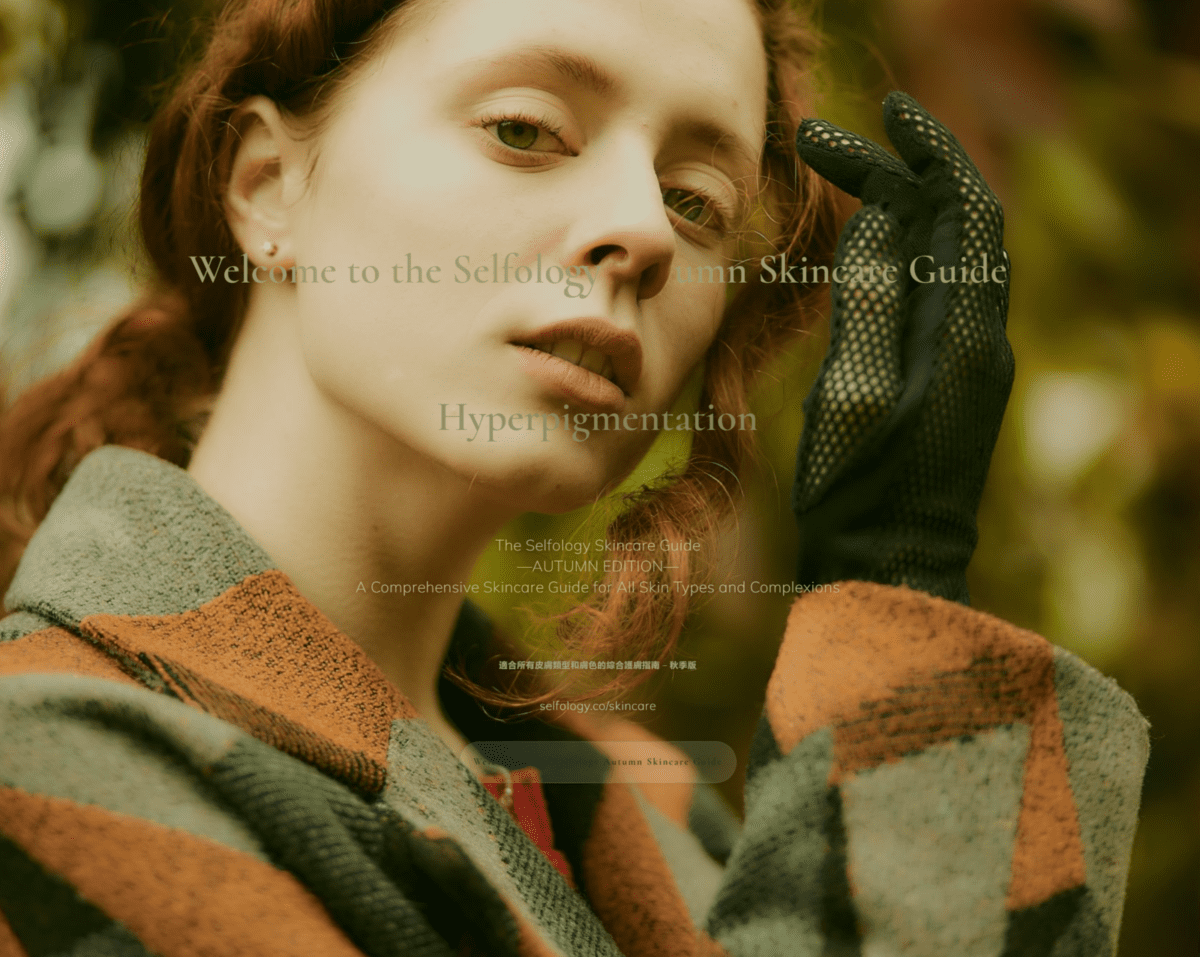
The Selfology Skincare Guide—AUTUMN EDITION—A Comprehensive Skincare Guide for All Skin Types and Complexions
selfology.co/skincare

